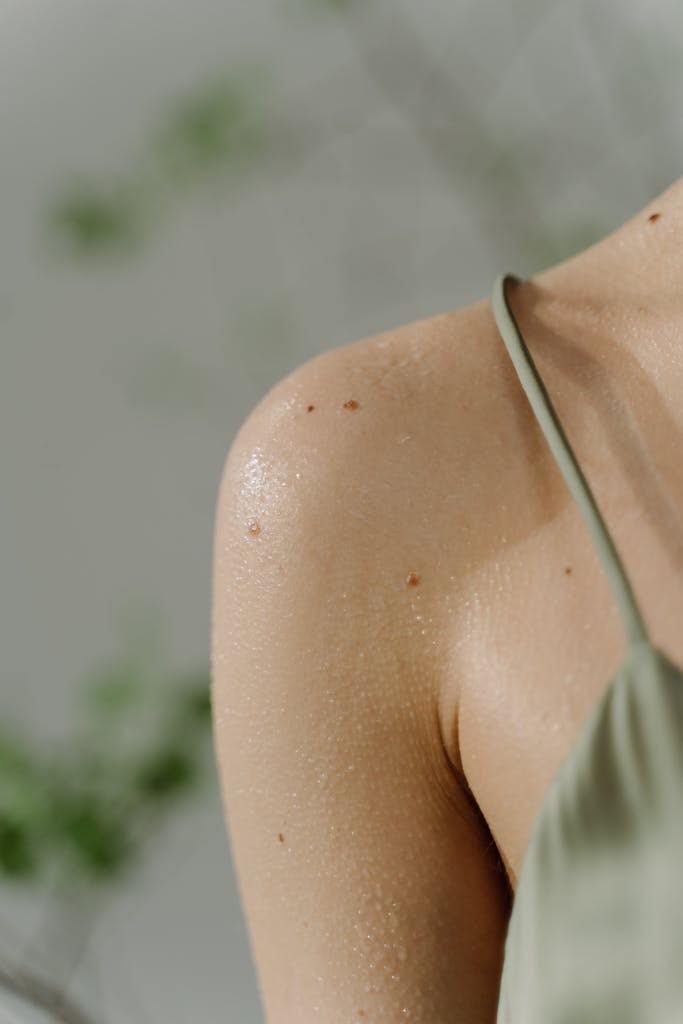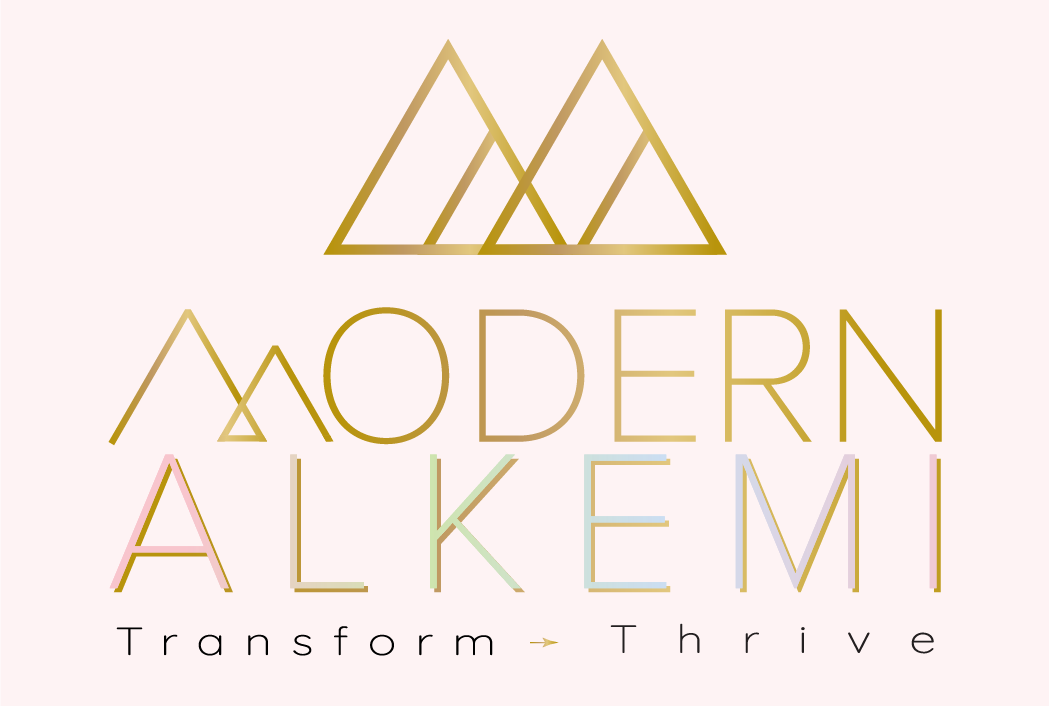Introduction
As a women’s health coach, I often encounter clients struggling with the double challenge of anxiety and hot flashes. These two symptoms, while seemingly unrelated, often go hand in hand, particularly during perimenopause and menopause. In this article, we’ll explore the intricate relationship between anxiety and hot flashes and discuss practical nutrition and lifestyle strategies to help manage both.

1. Understanding The Link
Anxiety and hot flashes share a common thread: they both involve the body’s stress response system. When we experience anxiety, our body releases stress hormones like cortisol and adrenaline. These same hormones can trigger hot flashes by affecting the body’s temperature regulation.
Moreover, the experience of hot flashes can itself cause anxiety, creating a vicious cycle. The fear of having a hot flash in a public or professional setting can increase overall anxiety levels, which in turn may trigger more hot flashes.
2. Nutrition Strategies
1. Balance Blood Sugar: Stable blood sugar levels can help reduce both anxiety and hot flashes. Focus on:
– Complex carbohydrates (whole grains, legumes, vegetables)
– Lean proteins
– Healthy fats (avocados, nuts, seeds)
2. Increase Phytoestrogens: These plant compounds can help balance hormones. Include
– Soy products (tofu, tempeh, edamame)
– Flaxseeds
– Chickpeas
3. Hydrate Wisely
– Drink plenty of water throughout the day
– Limit caffeine and alcohol, which can trigger hot flashes and increase anxiety
4. Incorporate Cooling Foods
– Cucumber
– Watermelon
– Mint
5. Consider Supplements (after consulting with a healthcare provider):
– Magnesium for relaxation and sleep
– Omega-3 fatty acids for mood stability
– Vitamin E for hot flash relief
3. Lifestyle
1. Stress Management
– Practice deep breathing exercises
– Try progressive muscle relaxation
– Engage in regular meditation or mindfulness practices
2. Exercise Regularly
– Aim for 30 minutes of moderate exercise most days
– Include both cardio and strength training
– Consider gentle practices like yoga or tai chi
3. Prioritize Sleep
– Establish a consistent sleep schedule
– Create a cool, dark sleeping environment
– Avoid screens before bedtime
4. Dress in Layers
– Be prepared to remove or add clothing as needed
– Choose breathable, natural fabrics
5. Try Acupuncture
– Some studies suggest acupuncture may help with both anxiety and hot flashes
6. Cognitive Behavioral Therapy (CBT)
– CBT can help reframe thoughts about hot flashes and anxiety
– It can provide coping strategies for managing symptoms
Conclusion
Remember, every woman’s experience with anxiety and hot flashes is unique. What works for one person may not work for another. It’s important to be patient and kind to yourself as you explore different strategies. Always consult with a healthcare provider before making significant changes to your diet or lifestyle, especially if you’re considering new supplements.
By addressing both anxiety and hot flashes through nutrition and lifestyle changes, many women find they can significantly improve their quality of life. With the right tools and support, it’s possible to navigate this challenging time with grace and emerge feeling empowered and balanced.
